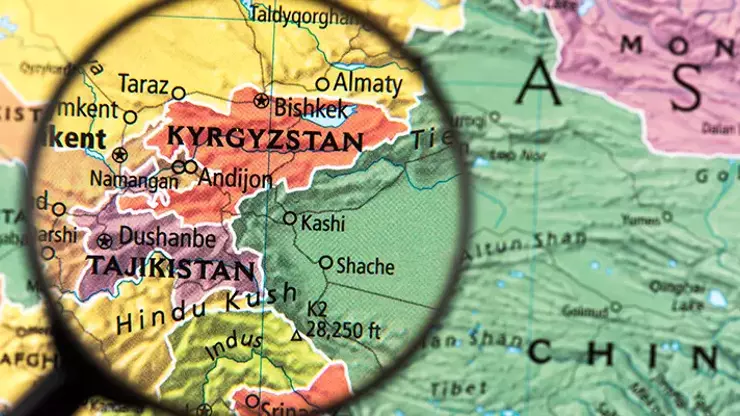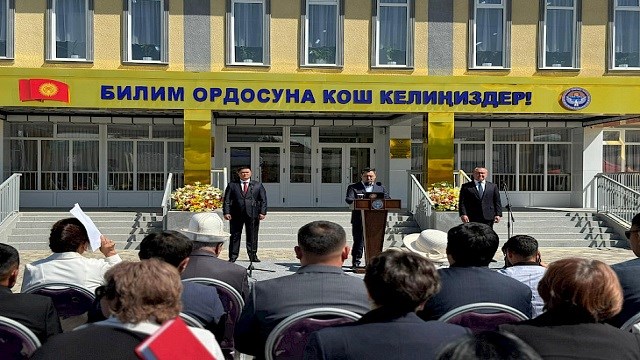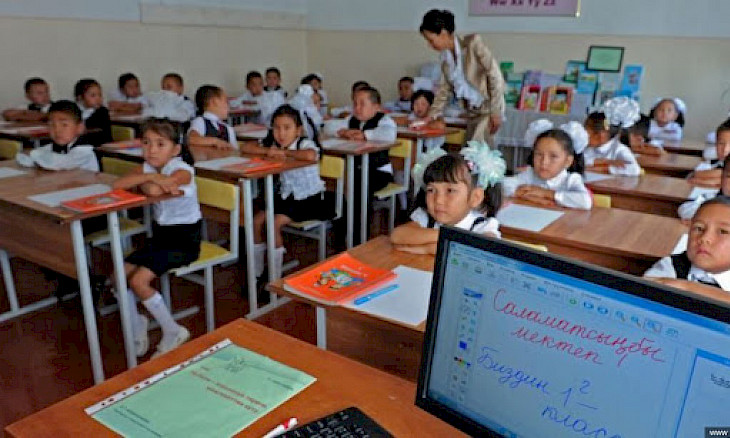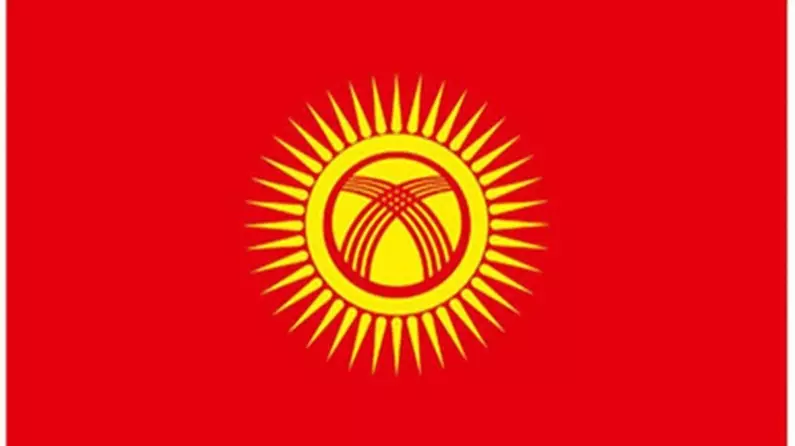
Kyrgyzstan has introduced restrictions on energy consumption due to maintenance and repair of energy facilities
Kyrgyzstan has introduced restrictions on energy consumption due to maintenance and repair of energy facilities
In Kyrgyzstan, energy consumption was limited due to maintenance and repair work at energy facilities.
Kyrgyz Energy Minister Taalaibek Ibrayev said in a statement that they had postponed maintenance and repair work at the Toktogul and Uchkorgon hydroelectric power plants (HPPs) to be ready for next winter.
Minister Ibrayev said that since March 5, energy consumption has been limited due to preventive maintenance and repair work at power facilities: "We have lowered the limit on electricity consumption in the country due to energy shortages. Power outages will begin in the morning and evening hours. Power outages will be planned and announced to the public in advance," he said.
A restriction on electricity has been introduced due to a shortage of 290 kilowatts of electricity in the country
Kyrgyz President Sadyr Zhaparov gave an assessment to the country's official news agency (KABAR) in connection with the power outages that have begun in the country.
Noting that there are half-century-old problems in the energy sector, Zhaparov said: "As president, I could say: "There's a flood after me." However, his conscience would not allow it. I'm ready to look bad in people's eyes, but I'm determined to fix it."

Zhaparov said that an energy shortage of 290 megawatts would arise due to the maintenance and repair of the first unit at Toktogulskaya HPP and Uchkorgonskaya HPP, which had not been repaired since 1975, and said: "In this case, it will be necessary to introduce temporary restrictions on the use of electricity by consumers."
Noting that not a single hydroelectric power plant has been built in the entire history of the country's independence, Zhaparov said: "We all need to understand one thing well. The population has almost doubled. The need for energy increases every year. Residential buildings, schools, kindergartens and other social infrastructure facilities are being built. All of this requires varying degrees of additional energy."
Zhaparov noted that within two years they have been building more than 50 medium and small hydroelectric power plants, 10 of them have been commissioned, and at the end of this month they will put into operation a hydroelectric power plant with a capacity of 25 megawatts, the construction of which has been completed in the Talas region.
Repair and maintenance work will be completed by the end of this year
The Ministry of Energy of Kyrgyzstan announced that maintenance work at the Toktogul HPP with a total capacity of 1,320 megawatts and the Uchkorgon HPP with a capacity of 180 megawatts will be completed on November 16, 2024.
The ministry said it had received a loan of $60 million and a grant of $40 million from the Asian Development Bank for a project to repair energy facilities.

The state of emergency in the country's energy sector was declared 7 months ago
In Kyrgyzstan, a presidential decree that came into force on August 1, 2023, declared a state of emergency (state of emergency) for a period of 3.5 years in order to bring the energy sector out of crisis and revitalize the sector.
The reason for declaring a state of emergency in the energy sector was climate change, a decrease in river waters, a rapid increase in energy consumption and a shortage of capacity.
Water-rich Kyrgyzstan has become an importer of electricity
Kyrgyzstan, which has the potential to fully meet its electricity needs, is forced to import energy because not a single hydroelectric power plant has been built in the entire history of independence.
To close the country's electricity shortage, the Ministry of Energy annually imports 3 billion kilowatt hours of energy from neighboring countries, paying 3 som (0.92 cents) per kilowatt hour.
Imported electricity is offered at a price of 5.04 som (1.55 Turkish lira) per kilowatt hour to industrial enterprises operating underground resources, 3.40 som (1.05 kurush) to state and medium-sized organizations and 1 som (0.31 kurush) to residential buildings.
About 90 percent of the electricity is generated by hydroelectric power plants.
